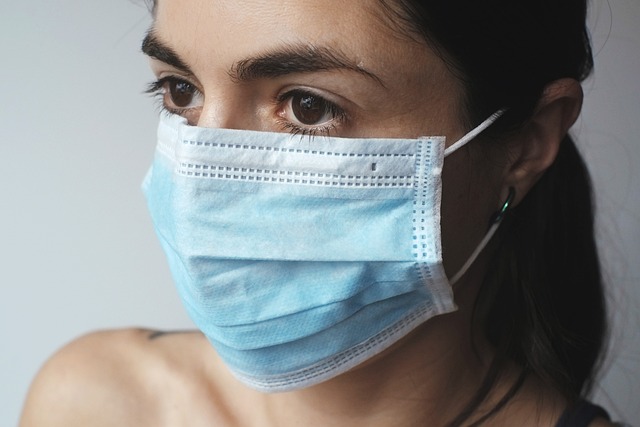Personal Protective Equipment (PPE) rose to a high recognition during the COVID-19 pandemic. The demand for masks and the scramble to get a well fitted mask became critical for personal protection. This was especially important for those in direct contact with Covid patients and healthcare workers.
There were two categories of masks that took precedence in the pandemic namely the N-95 and the surgical mask. N-95 masks that are NIOSH certified were in critical demand and there was a massive shortage. This shortage created a panic around which mask works best and which mask fits an individual. Which mask namely the N-95, surgical or other face coverings provided appropriate infection coverage?
It is important that fit testing is conducted in organizations like hospitals, health centers, and other environments where their occupational exposure is high to infections.
To find out the best practices for fit testing, it is important to understand which face mask should be used to conduct fit tests.
Comparison of N-95 to Surgical Masks
It is important to understand the effectiveness of masks to make the right decisions in the use of masks.
N-95 Mask
N-95 masks is an FFR (Filtering Facepiece Respirator) that reduces the microscopic particles in the air. This mask creates a tight seal around the face, reducing the penetration of particulates by 95%. The mask provides protection and is highly rated by the CDC and approved by NIOSH. The need for ongoing fit testing with these masks is critical in high-risk settings as it provides individuals appropriate protection at 95%. OSHA mandates that respirator fit testing is done annually because of facial changes caused by weight gain/loss and facial hair. The N-95 mask meets the federal requirements listed in 42 CFR Part 84.
OSHA recommends the N-95s which is a surgical face mask and protects individuals/workers from viruses like COVID and the influenza virus. This mask is OSHA-approved and falls within the N-95 mask category. Fit testing can be conducted for high-risk settings with these masks.
N-95 masks with Exhalant valves should not be used in surgical environments as they can interfere with the sterile environment. However, they are used commonly in industrial environments. Fit testing and use of the appropriate mask will vary for these different environments.
Surgical Masks
- Surgical masks do not provide the same protection as the N-95 category of masks. The lack of a proper facial seal can allow viruses to enter through the mask.
- Unlike the N-95 masks, there are no recommendations that a fit test be conducted on these surgical masks.
- Healthcare settings should use an N-95 mask for best results, fit testing is recommended annually to prevent contamination and spread of disease, especially in healthcare settings.
All masks should be disposed of after use. Handling of masks after and before use is also important. Before use the outside of the mask should not be touched with bare hands. After use the mask should be disposed of in plastic as it is contaminated.
FIT Testing Near Me
COVID-19 has alerted everyone to the importance of appropriate face masks in different environments. Fit testing on an ongoing basis is important to maintain a healthy work environment and stay current with OSHA regulations.
SmarTest Labs provides fit testing services to individuals, organizations, and healthcare facilities in the DMV area. Call us at 301-686-8566 or make an appointment through our website at smartest labs.

Trackbacks/Pingbacks